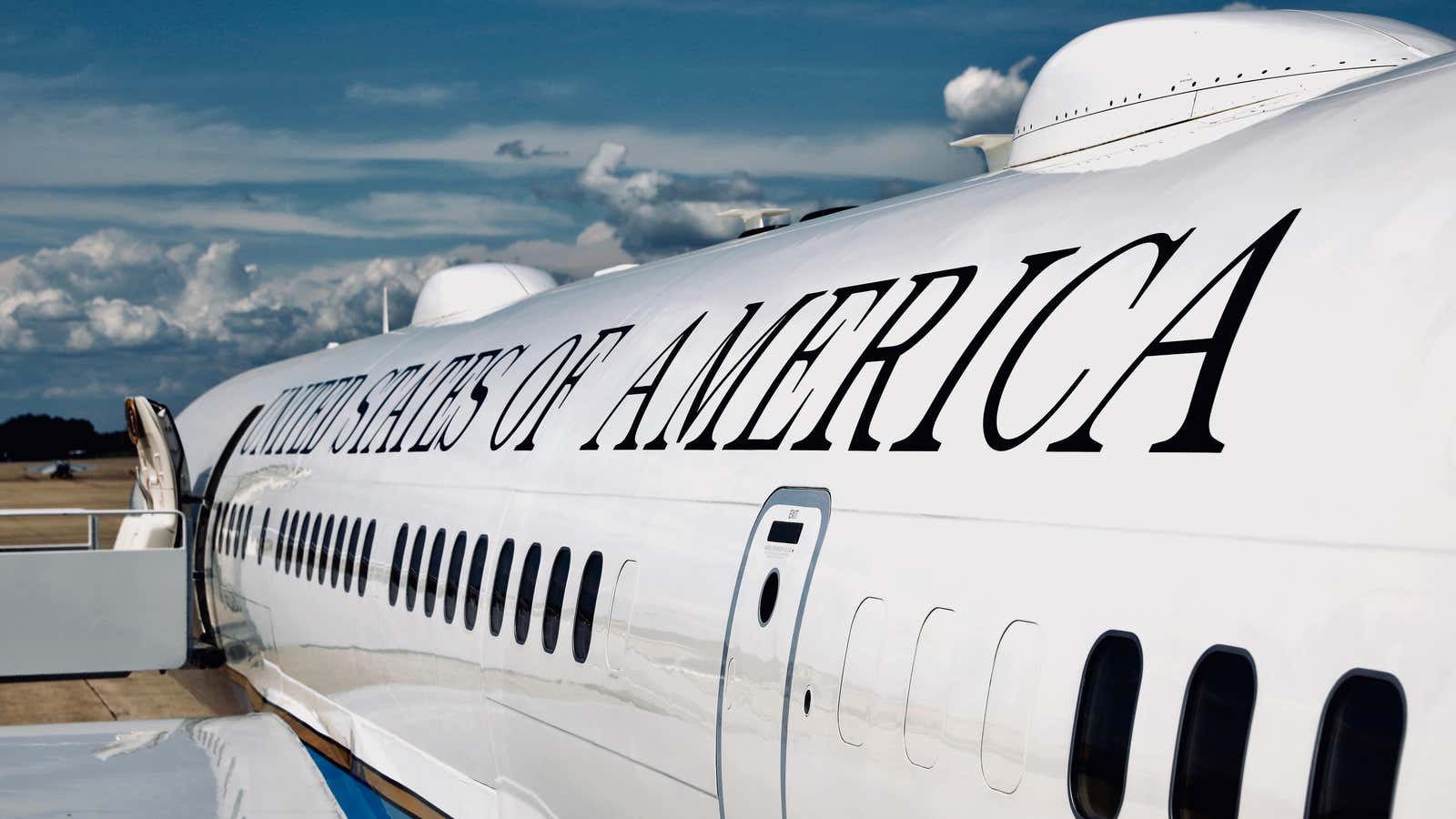The US State Department frequently issues travel advisories about the dangers it believes Americans might face when visiting other nations. However, many Americans are not accustomed to thinking of their own country as a perilous place and may be surprised to find that some countries are similarly issuing warnings about US visits.
The most recent warnings came from Venezuela and Uruguay, prompted by the two mass shootings in El Paso, Texas and Dayton, Ohio, which occurred over the weekend and left more than 30 people dead and dozens wounded.
The two countries warned citizens against US travel, citing violence, racism, and high gun ownership levels. The Venezuelan warning, which probably also reflects that country’s current fraught relationship with American authorities, says that “increasing acts of violence have found an echo and support in the conversations and actions impregnated by racial discrimination and hatred against migrant populations, pronounced and executed by the supremacist elite who holds political power in Washington.” It cited “inexcusable indiscriminate possession of fire arms by the population, encouraged by the federal government,” as a reason to avoid US travel.
The Uruguayan warning also advised citizens of “growing [indiscriminate] violence, specifically hate crimes including racism and discrimination” in the US. And like Venezuela’s statement, the Uruguayan authorities noted that “indiscriminate possession of firearms by the population” presents a threat to foreign visitors.
Notably, the State Department has warned Americans about travel to both Venezuela and Uruguay as well. “Do not travel to Venezuela due to crime, civil unrest, poor health infrastructure, kidnapping, and arbitrary arrest and detention of U.S. citizens,” an April 9 advisory warns. On a scale of 1-4 from least to most dangerous, the US ranks Venezuela a 4.
About Uruguay, the State Department wrote on Aug. 2, “Exercise increased caution in Uruguay due to crime.” That nation is ranked a 2 on the travel advisory scale.
While the travel advisories are not technically political statements, they can reflect international relations and, arguably, may be used to retaliate against a negative advisory issued by another country. In the case of Venezuela, the warning seems to fall squarely in this camp based on the tone. In January, opposition leader Juan Guaidó declared himself the country’s interim president after massive protests against Nicolás Maduro’s government. Opponents said Maduro’s re-election in 2018 was unconstitutional. The US recognized Guaidó’s presidency and is working to help push Maduro out of power.
At a meeting in Lima, Peru on Aug. 5, US National Security Advisor John Bolton announced a full economic embargo on Venezuela, putting it in “a club of rogue states” alongside Cuba, Syria, and North Korea. The sanctions are intended to finally force Maduro out. So it’s perhaps not surprising that the nation’s travel advisory has as much to say about “supremacist elites” in Washington and the federal government as it does about actual dangers faced by visitors to the US.
However, other nations have also warned against US travel, citing high gun ownership rates and mass shootings as a danger. The Washington Post reports that Germany and Ireland have previously advised citizens to consider American weapons possession rates and laws when visiting. Likewise, a New Zealand advisory, reviewed in November of last year and current today, states that in the US “there is a higher incidence of violent crime and firearm possession than in New Zealand.” Canada, too, warns potential travelers to the US of mass shootings. In 2016, the foreign ministry of the Bahamas noted “tensions in some American cities over shootings of young black males by police officers” and warned travelers to exercise caution.
While the travel advisories won’t likely deter visitors intent on coming to the US, it’s not a great look for a country that often holds itself up as the world’s moral compass.
